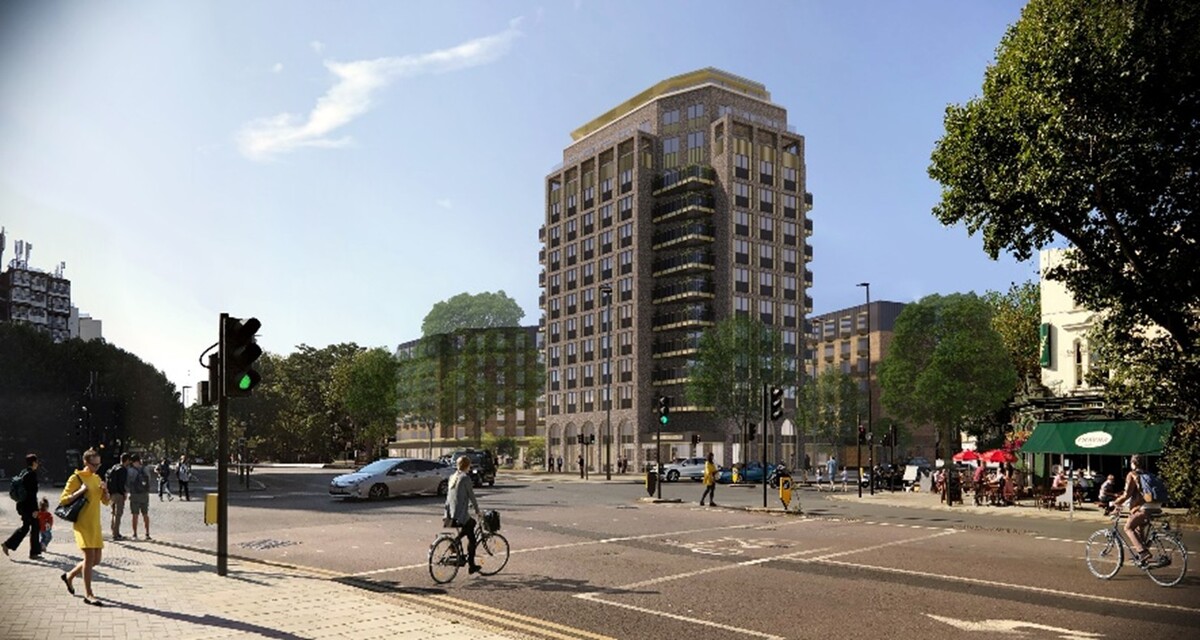Is Your Temper a Warning Sign? Link Between Frequent Anger and High Blood Pressure Revealed

Do you find yourself getting angry more easily than you used to? While occasional frustration is a normal part of life, consistently experiencing heightened anger could be more than just a bad mood – it might be a surprising indicator of high blood pressure. This often-silent condition, frequently dubbed the 'silent killer,' rarely presents obvious symptoms, making early detection crucial for long-term health.
Dr. Parmar, a leading cardiologist, recently shed light on this concerning connection, explaining how frequent anger and high blood pressure are increasingly linked, particularly in middle-aged individuals. “We’re seeing a significant correlation,” Dr. Parmar stated. “The physiological response to anger – the surge of adrenaline and cortisol – puts considerable strain on the cardiovascular system. Repeated episodes of anger can chronically elevate blood pressure, contributing to the development or worsening of hypertension.”
The Science Behind the Link
The body's stress response is a complex process. When you experience anger, your heart rate increases, your blood vessels constrict, and your blood pressure spikes. While a single instance of anger isn’t inherently harmful, consistently feeling angry – whether it’s due to work stress, relationship issues, or other factors – keeps your blood pressure elevated for extended periods. This chronic elevation damages the arteries, increasing the risk of heart attack, stroke, and other cardiovascular diseases.
Who's at Risk?
While anyone can experience the negative effects of frequent anger, Dr. Parmar emphasizes that middle-aged individuals are particularly vulnerable. “As we age, our bodies become less resilient to stress. Pre-existing conditions, such as obesity, diabetes, and a family history of heart disease, further amplify the risk. Therefore, it's vital for individuals in this age group to be particularly mindful of their anger levels and take proactive steps to manage them.”
Beyond Anger: Other Subtle Signs of High Blood Pressure
Besides frequent anger, other subtle signs of high blood pressure can include:
- Headaches, especially in the morning
- Nosebleeds
- Dizziness
- Shortness of breath
- Blurred vision
However, it's important to note that many people with high blood pressure experience no symptoms at all, highlighting the importance of regular blood pressure checks.
What Can You Do?
Managing anger and reducing your risk of high blood pressure requires a multifaceted approach:
- Stress Management Techniques: Explore techniques like meditation, yoga, deep breathing exercises, and mindfulness to help manage stress and anger.
- Regular Exercise: Physical activity helps lower blood pressure and improve overall cardiovascular health.
- Healthy Diet: A diet rich in fruits, vegetables, and whole grains, and low in sodium and saturated fat, is beneficial.
- Sufficient Sleep: Aim for 7-8 hours of quality sleep each night.
- Regular Blood Pressure Checks: Monitor your blood pressure regularly, and consult your doctor if you have any concerns.
The Takeaway
Don't dismiss frequent anger as simply a personality trait. It could be a warning sign of underlying health issues, particularly high blood pressure. By understanding the link between anger and cardiovascular health, and by taking proactive steps to manage both, you can protect your long-term well-being. Talk to your doctor about any concerns you have and prioritize your heart health.





